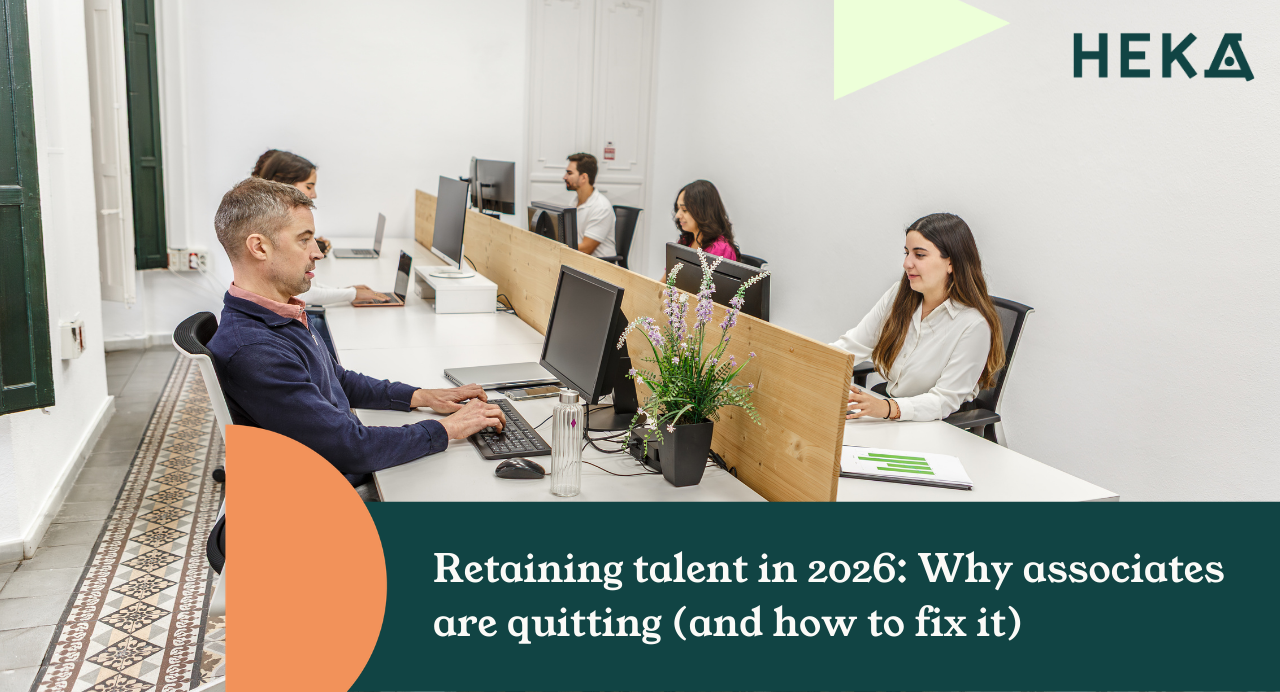A quick summary:
Workplace wellness programs and initiatives to promote employee health have become increasingly popular over the last couple of years. However, Covid-19 has radically accelerated all corporate efforts to promote work-life balance, raise mental health awareness and provide emotional support.
Employee expectations, and most importantly, their needs, have shifted. Our working culture has shifted. Read on to find out why traditional “workplace wellness” as we know it, has come to an end and what team leaders like you and I must do to continue supporting our people.
1. Wellness can no longer be location dependant
Until now, we’ve been taught to associate workplace wellness with memberships at the local gym, office football tournaments once a year and compulsory mental health workshops each quarter. As expected, stay at home policies and social distancing have brought all of these to an end; instead, research shows that 60% of employers are now offering solutions like virtual workouts and online mental health services.
But what happens after Covid-19? Research by Gartner shows that 74% of financial leaders plan to maintain remote working policies post-lockdown. However, this doesn’t mean that people will stay at home, and as isolation policies ease, most people will opt for a coworking space, a cafe or a private office at a day rate. This will disrupt any home-specific support which companies have implemented.
Evidently, the long-term wellness solution for your team cannot be attached to any location, regardless of whether it is the office, home or anywhere else. In fact, access to wellness opportunities which are relevant regardless of the context will soon become the most important factor to differentiate yourself as the employer of choice.
2. People want to be inspired, not precepted
Like anyone in HR or in the People department will tell you, it is not easy to find benefits which people actually want, and it is even more challenging to encourage them to participate in a wellness initiative. Pre Covid-19, when we were all working in offices, it was possible to convince (or peer pressure) people to attend wellbeing seminars, to join in Wellness Wednesdays or even to stick to the “healthy snack” policy. However, the current circumstances mean that this is no longer viable and only self-motivation can secure a consistent wellness practice. In fact, research shows that an employee’s drive and ability to self motivate has a far greater impact on their ability to thrive amidst a crisis than any managerial influence can.
As a result, it is obvious that wellness initiatives should seek to inspire above all and fortunately, technology today allows us to do this. It is possible to receive personalised advice from PTs and life coaches at the click of a button. You can also discover, based on your own genetics, which wellness practices, diets or routines will work to achieve your objectives. Furthermore, virtual access to thousands of wellness providers means that people no longer have to conform to what is within their physical reach, honestly, the world is your oyster!
People will be drawn towards companies and employers who offer this inspiring combination of easy access, personalisation and variety. Employees now expect their needs to be met and seek to find that experience which sparks their fire. There is no other choice. Either you inspire your people, or they will find that inspiration somewhere else.
3. Shift from treatment to prevention
In many companies, wellness programs and employee benefits used to be a tick-boxing exercise. Things like supporting work-life balance and mental wellness were seen merely as mechanisms to attract talented candidates or keep the HR department happy. However, in the last couple of months, perceptions around the value and purpose of wellness benefits have radically shifted for a number of reasons.
A recent survey showed that 44% of UK employers are expecting sick leave costs to increase, while 25% expect healthcare costs to rise. As a result of this and the NHS working at capacity, all preventative wellness benefits are no longer a “nice to have”, but actually make financial sense. This is why, regardless of the massive furloughs and layoffs, we are seeing companies more determined than ever to invest on preventative wellness. A survey found that 45% of employers are broadening their existing wellbeing programs and 77% are expanding access to virtual mental health services.
This means that traditional spending on annual leave, sick leave, health care and basically all treatment-oriented solutions will be reduced. Are you ready to make this shift as well?
4. People crave interaction
Workplace culture is changing. In fact, some of the world’s leading firms have opted for an extended work from home policy, taking the traditional “workplace” out of the equation entirely. Even if your company does return to the office this year, the new normal will be business un-usual and may involve masks, limited or no open office environments, limited interaction, rotating employee shifts, etc. In any case, the level of socialisation we are used to, will disappear.
As a consequence, people will crave for human interaction more than ever. Team socials or bonding activities will no longer be a nice addition, but will be essential for team performance and collaboration. Importantly, they will become part of your mental health programme and be crucial to support people during isolation.
It is clear that our previous notions of “workplace wellness”, are no longer relevant nor meet the needs of our people. It isn’t about workplace wellness, or employee wellness, it is about human wellness. Team leaders and employers must now focus on initiatives which are detached from any physical location, initiatives which truly inspire people to be all they can be. Wellness now must be purely preventative, as treatment-focused benefits are not profitable nor desirable. And importantly, any wellness program now needs a focus on human interaction to be complete.
Forget “workplace wellness”, this new era belongs to human wellness.






